Created by Mindy Kaling, teen drama Never Have I Ever has got the world obsessed with Devi Vishwakumar's explosive high school journey, especially her gripping love triangle with the school hottie Paxton Hall-Yoshida and the school nerd Ben Gross. Devi is a flawed young girl navigating the crests and troughs of teenage life, and it doesn't help that she's a first generation Indian-American with a simmering identity crisis.
Never Have I Ever is a common casual watch for many Netflix audiences, full of laughs, cute plot points, and even serious social issues, but Reddit is up in arms about many details in it that they don't think lived up to the hype.
8 Devi's Obsession With Getting Laid Made No Sense
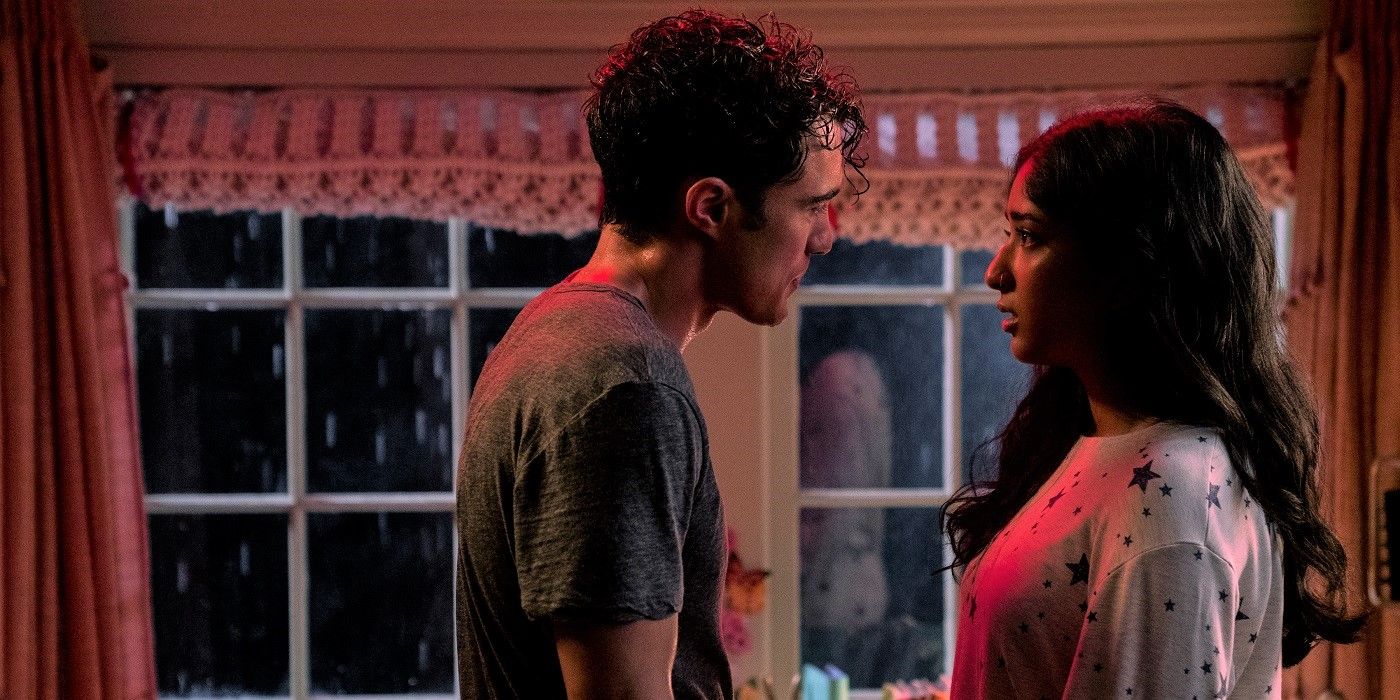
The first season of Never Have I Ever focuses heavily on Devi's desire to have sex and get a boyfriend, but capris0ni on Reddit feels that it was unrealistic for someone so young to be sexual: "A 15 year old obsessed about trying to get laid? Yeah, right. As someone who graduated from high school ~4 years ago, I would never see girls, especially desi girls, talking about 'getting railed.' Most of their parents and mine were conservative and we generally respected our parents’ rules."
This is a pretty contentious opinion, since teenagers all over the world go through puberty, and that means that they experience sexual attraction at this age, which is pretty normal. When it comes to Devi being Indian, she was never portrayed as a model desi kid. She had faced immense trauma after the death of her father, which resulted in her acting out in all sorts of ways, including trying to have no-strings-attached sex with Paxton (though they did become one of the best couples of Never Have I Ever). Expecting a character to conform to prejudices and stereotypes is unrealistic.
7 The Show Was Like Any Other Teen Drama
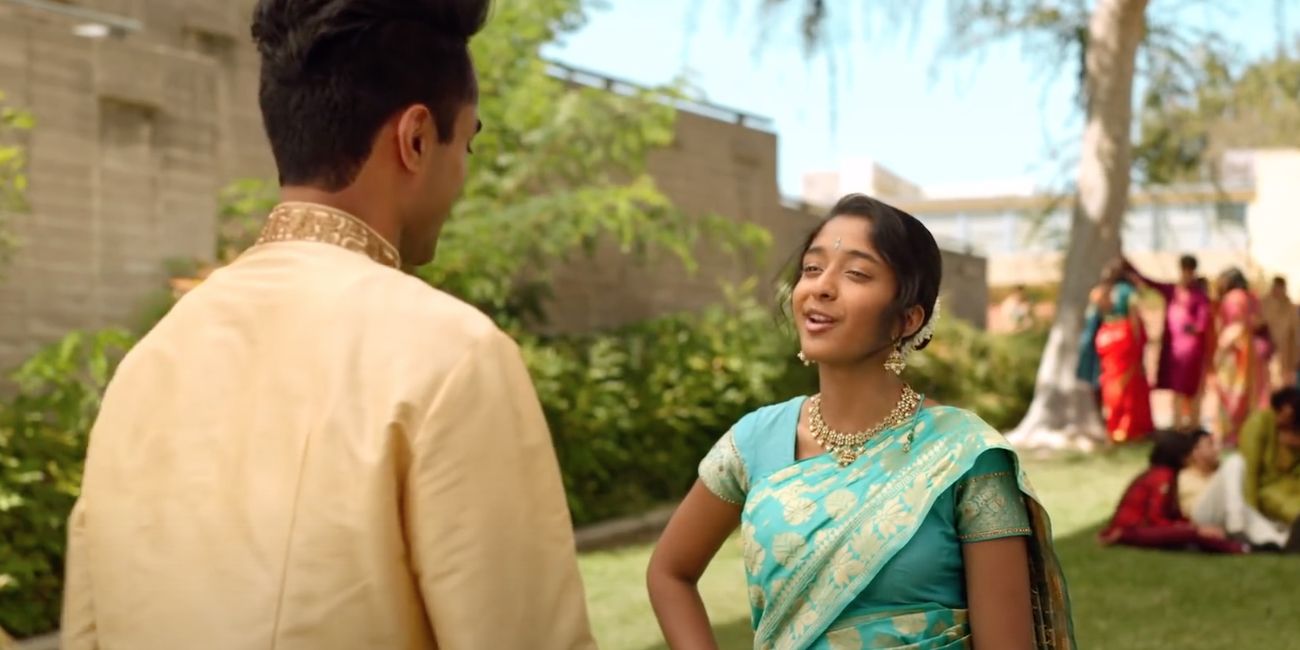
Never Have I Ever has been widely praised for bringing Indians and people of color to the forefront of Hollywood, but Redditors like Deadest-of-Asses opined that Devi was just another archetypical, basic teen girl who wanted to be popular and fall in love. They said "It just feels like they just ran a basic teen drama with a different color scheme."
While the show does chronicle the life of a main character who is Indian, it is still very much a teen drama. It was never marketed as a groundbreaking masterpiece, but rather as a fun, lighthearted comedy for people to laugh at. Despite this, it tackles social issues much better than other teen shows — Aneesa's eating disorder, Paxton's identity crisis, and Fabiola's sexuality were handled with care and diligence. Never Have I Ever undoubtedly represents brown people and their way of life more than any other television series does currently, which sets it apart from other shows in TV history.
6 Devi Can't Be Redeemed
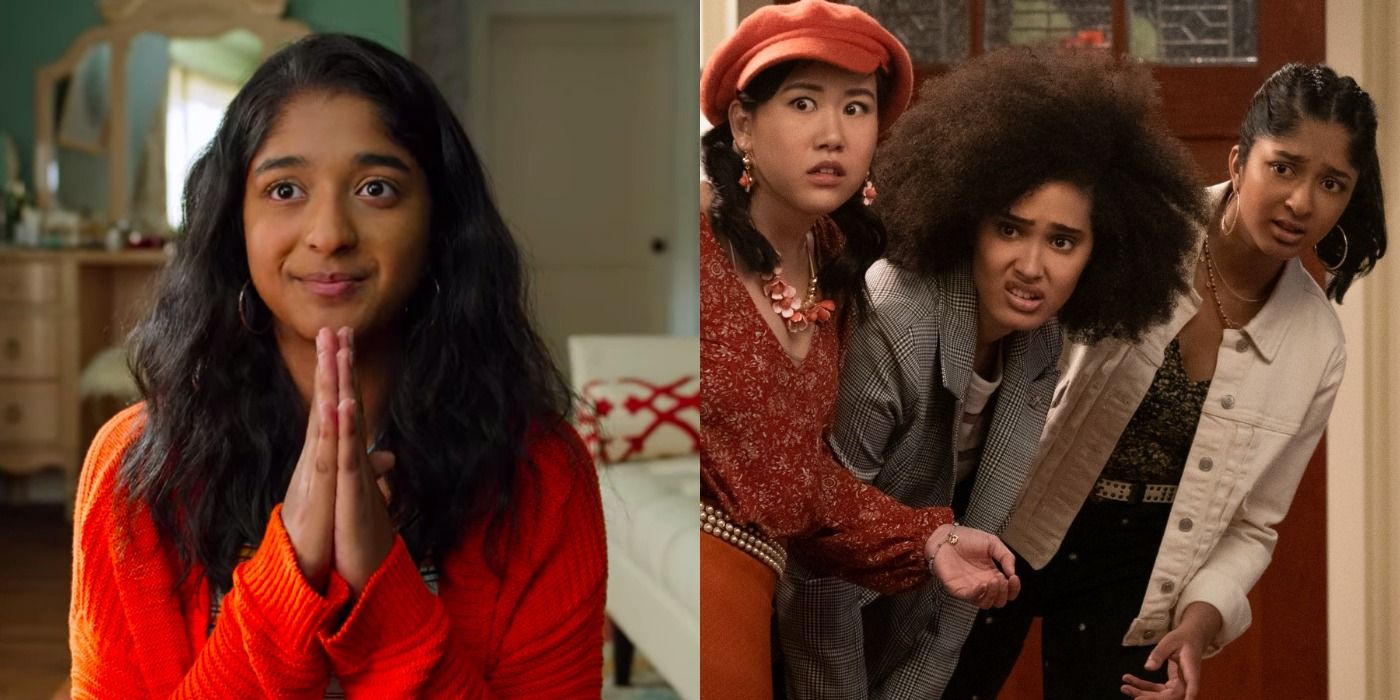
Bad decisions form the foundation of the show, but Devi's teenage mistakes seem to be a lot more serious for some netizens on Reddit, namely patrochilless why thinks she is beyond help: "She is definitely a selfish, narcissistic person to her core. There is rarely an incident where she is interested in anything related to her friends."
It's true that Devi did some questionable things in both seasons 1 and 2 of Never Have I Ever, but being an awful friend, confused about boys, spreading rumors, or even spying on your mom aren't irredeemable crimes. Devi's whole character arc involves how unlikable she is, and how she learns and gets better through the course of the show. Nothing that she did was more than what any misguided, troubled teenager would get up to, and it's a bit unfair to hold her up to such high standards.
5 It's Corny And Stereotypical
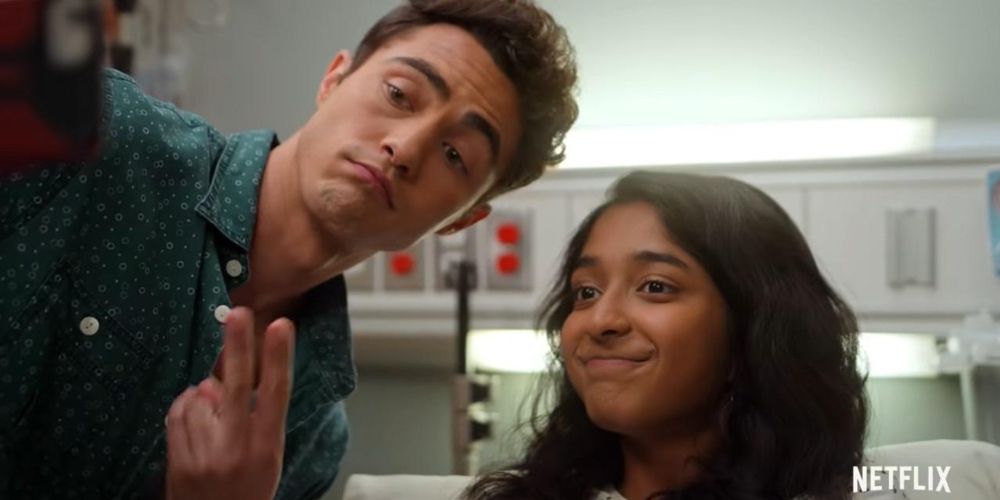
Audiences' reactions to the show have been quite divisive, with some viewers absolutely loving or hating the show. Folks on Reddit have a problem with quite a few aspects of the show: ughhhmarta says "I think the intention for this show was great. But the writing? Awful. Corny. The acting? The same. The accents seem so forced and intentional. The jabs at ~funny~ Indian things like the geometry book being blessed was too much. It’s just extremely stereotypical and corny writing to just throw on another quirky show with a brown face."
It's understandable that many facets shows like Never Have I Ever and the community it chronicles are new for many viewers, and while it is by no means an accurate depiction, there is factual accuracy in most of what it narrates. Many Indians do, in fact, bless books and pray a lot. The show isn't meant to be a documentary, and the Hollywood touch makes things a bit unrealistic, but it definitely unravels more stereotypes than perpetuates them.
4 Her Reaction To Nalini Dating Again Was Hypocritical
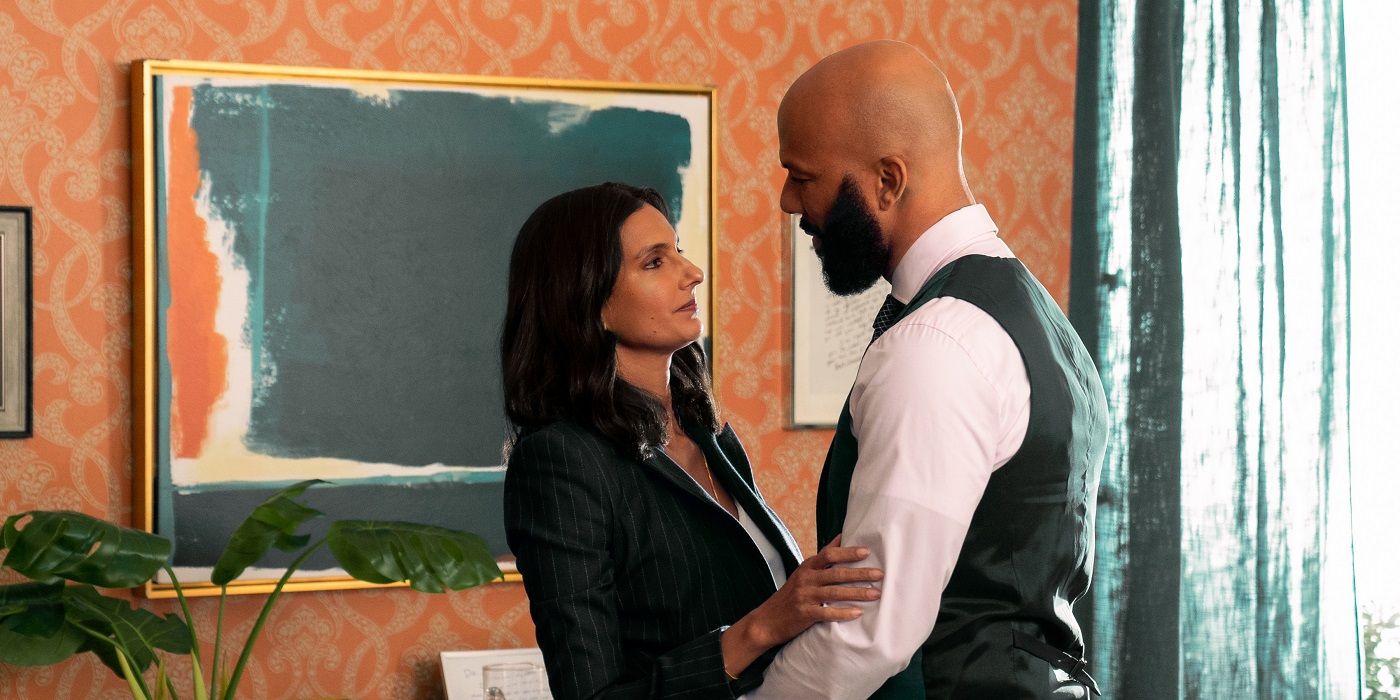
Devi had a visceral reaction when she found out that her mother might be dating another dermatologist, after her beloved father passed. She followed Nalini twice, and brought the whole house down when she found out that her mother had briefly dated Chris. Goodthankz on Reddit thought that her reaction was duplicitous: "Like I felt so bad for Nalini because Devi was so mean to her about going on a date with Dr. Jackson but Devi literally kissed Ben right after they scattered Mohan's ashes like BRUH that made me so sad."
Devi kissing Ben wasn't comparable to Nalini dipping her toes in the dating pond after losing her husband. Nalini wasn't wrong at all, but nor was Devi for not taking it well. She was extremely afraid of forgetting her father throughout the show, which was why she repeatedly listened to his voicemails. Her fear was exacerbated when she saw her mother with a man, whom she perceived as a replacement to her favorite parent. Everything stemmed from a place of grief and dread.
3 Devi Should Have Separated From Her Mother
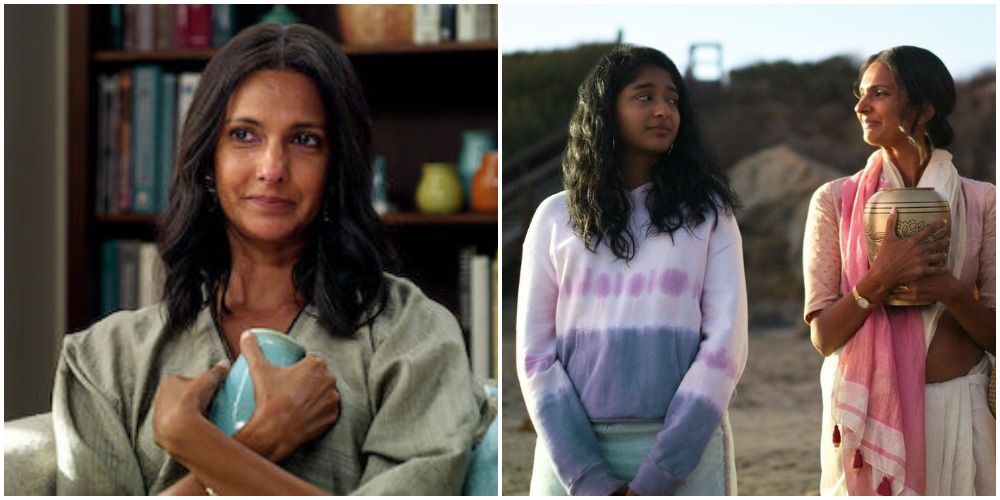
In season 1, Devi was on the outs with her mother for a while. She was living with Ben at his house, and disagreed hugely with her mother's decision to move to India. People loved the finale when she made up with her Nalini and scattered her father's ashes, except for a few. Leo_nbk from Reddit said "The end would have been better if Devi would have gotten separated from her mom and let her move to India by herself without fixing things between them. It would have been better if she permanently moved in with Ben, got the job at Old Navy and lost contact with her mom."
This would've perhaps been the worst case scenario for Devi, considering she was all of fifteen years old. She needed her family's support after the death of her father, and there was no way Nalini would have left her only child all alone in USA with no guardian to care for her. The show would have lost the warmth it derives from familial love and values.
2 She Was Never Held Accountable
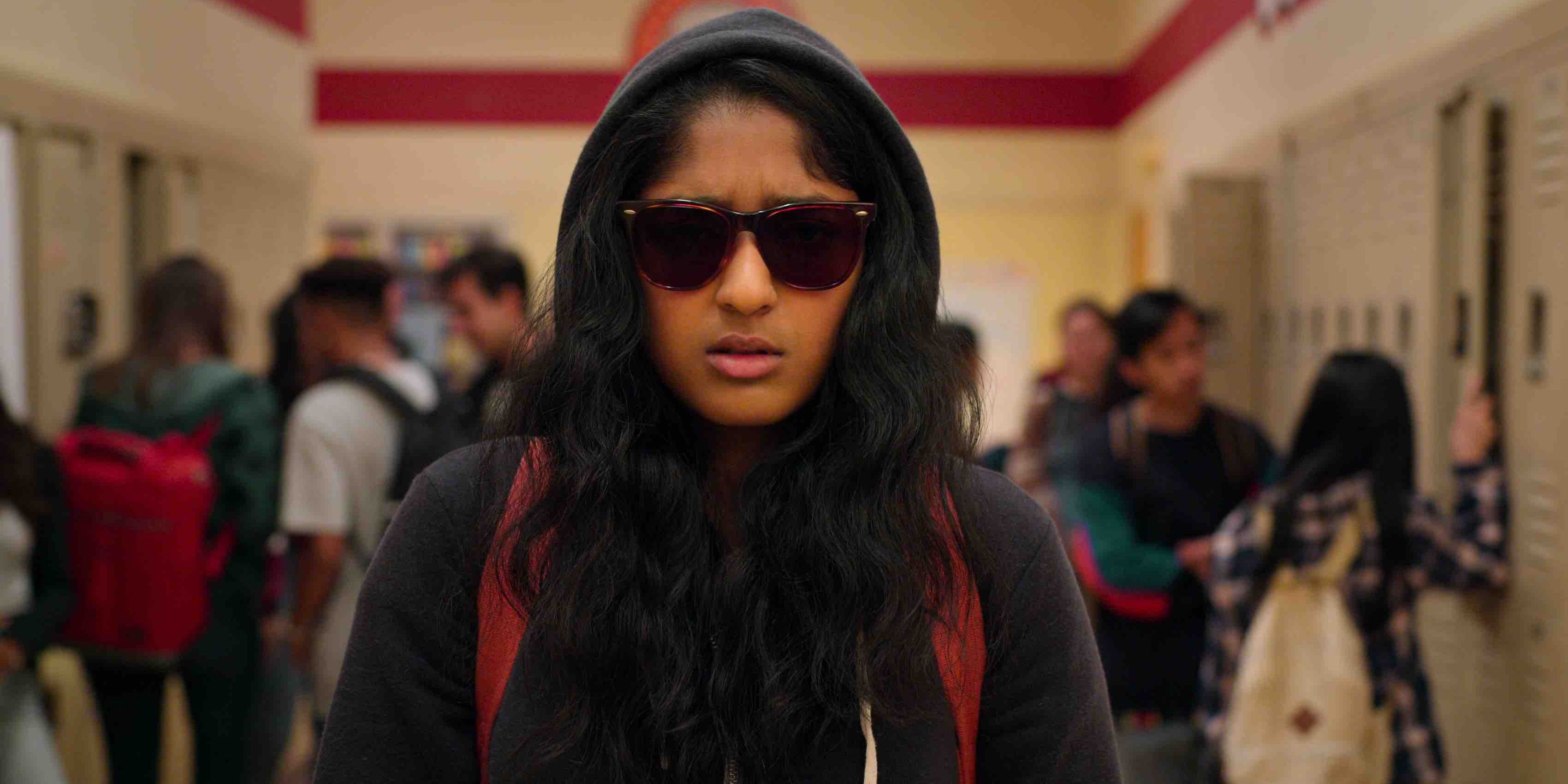
Devi spent most of the show saying and doing things that she shouldn't have, and whatever was left showed her being reprimanded by her teachers, friends, family, and boyfriends. Devi almost always faced the consequences of her actions, but it wasn't enough accountability for some viewers. Redditors said "Whilst I think many of the characters are manipulative in their own way, I was just so sick of every episode becoming Devi being like "I'm sorry... but" and with a joke of an excuse. I never believed her apologies were truly sincere, they were more damage control."
Many of Devi's punishments included being grounded, having no dating life, being suspended (which is a huge deal for a straight-A student), and being ostracized by her own friends. All of this seems like fitting retribution for the high school scale of Devi's misdemeanors.
1 The Parents Speaking English In Flashbacks Was Unrealistic
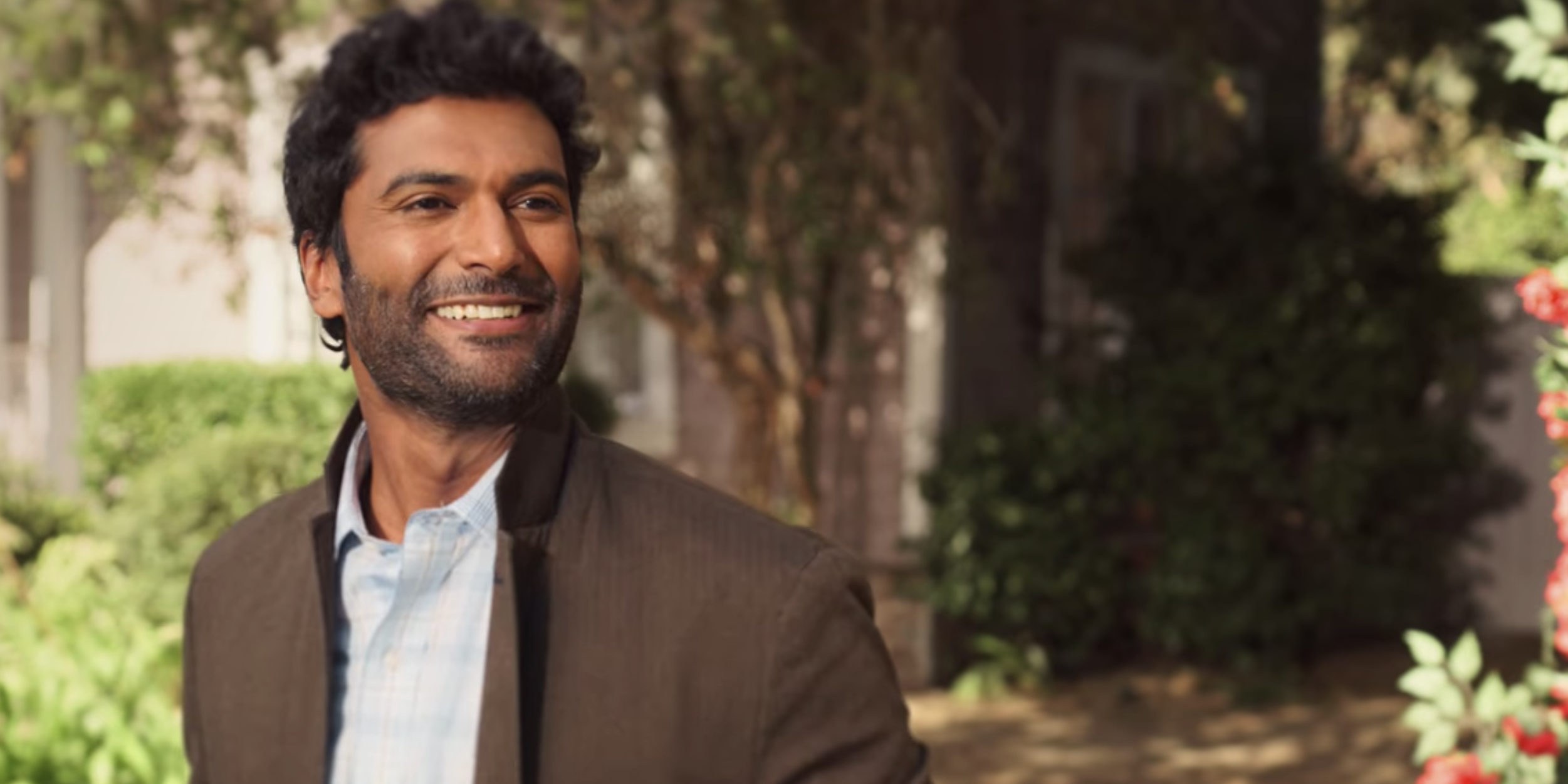
The Vishwakumar family was Tamilian, and the Tamil language was spoken quite a few times on the show — "Kanna" being the most heard word on the show, which is a term of endearment used for children. ListenBruv on Reddit thought that there could have been more vernacular language on the show, especially in the flashbacks "Why are the parents speaking to each other in English (in flashbacks)? If we're doing representation, you can just have them speak half and half or use subtitles as they speak."
Despite being a treasure trove of languages, urban Indians speak in English more often than they do their mother tongues, and Devi's family belonged to this social strata of India. Even conversations at home tend to be in English because it's easier, and private conversations are in the traditional languages, like when Nalini spoke to Kamala in front of her geeky lab partners.
from ScreenRant - Feed https://ift.tt/3sdaGhr

0 Comments